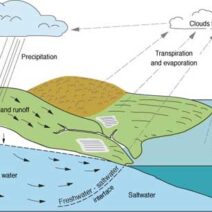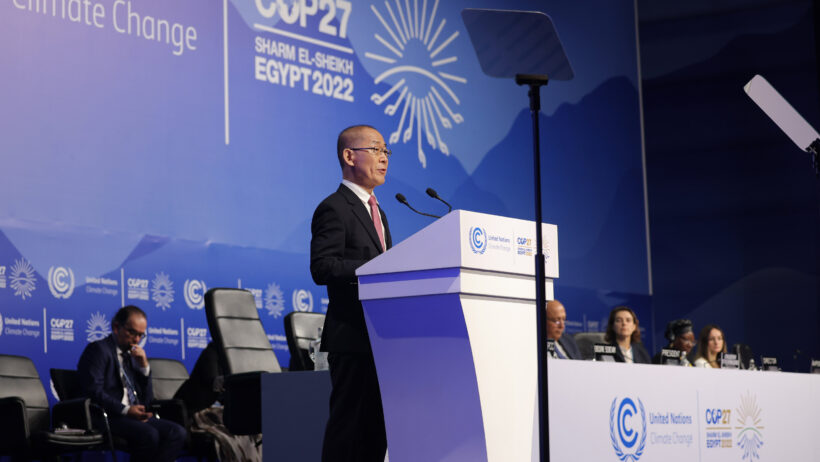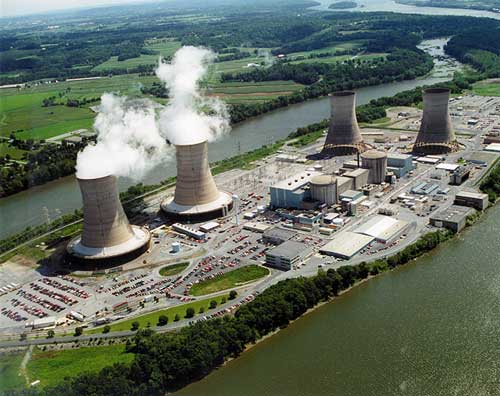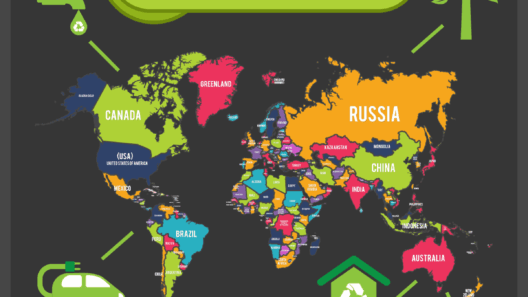The debate surrounding global warming has reached a critical juncture, as scientists assert that we stand on the brink of irrevocable changes to our planet. The atmospheric concentration of greenhouse gases continues to rise, and the implications of these shifts are becoming increasingly dire. But just how long do we have before global warming alters our climate, ecosystems, and daily lives forever? This question resonates deeply, as it reflects a broader concern for the future of humanity and the natural world we inhabit.
To comprehend the urgency of the matter, one must first appreciate the concept of the “climate tipping points.” These are thresholds beyond which certain climate systems may shift abruptly, leading to irreversible changes. For instance, the melting of the Greenland ice sheet or the thawing of permafrost can trigger feedback loops that accelerate warming. Scientists warn that, if we exceed a 1.5-degree Celsius increase in global temperatures, we risk entering a realm where such tipping points are not only probable but inevitable.
As New York Times reports indicate, we may reach that critical threshold by the early 2030s. Alarmingly, this is not a distant future; it is less than a decade away. The fascination with this looming deadline stems from the realization that our present actions—shaped by industrialization, agricultural practices, energy consumption, and deforestation—are dictating our collective fate. It leads one to ponder not only our immediate behavior but also the latent factors that contribute to our current predicament.
The allure of the countdown to climate catastrophe reveals a stark tension between human advancement and environmental sustainability. The post-Industrial Revolution era brought unprecedented technological innovations, resulting in remarkable improvements in quality of life. However, these advancements have come at a considerable price: the degradation of ecosystems and the destabilization of the climate system. This paradox drives an intense curiosity. How can humanity possess such ingenuity yet remain blind to its destructive consequences?
The sheer magnitude of climate change elicits a spectrum of reactions. From existential dread to fervent activism, the emotional weight of this subject permeates every conversation around the dinner table, in classrooms, and among policymakers. Climate change is not merely an environmental issue; it is inextricably linked to social justice, economic stability, and even health concerns. Vulnerable populations, often in developing nations, bear the brunt of climatic upheaval despite contributing the least to its causes. Such disparities ignite debates on equity, ethics, and responsibility, heightening the urgency to combat climate change.
Moreover, the intricate interdependence of climate systems illustrates the complexity of this crisis. For instance, changes in ocean temperatures can alter weather patterns, impacting agriculture and water supply. The loss of biodiversity further complicates the situation; each extinction reduces the resilience of ecosystems, making them less capable of adapting to new realities. The systemic nature of these challenges effectively means that the longer we delay addressing climate change, the more catastrophic the consequences will be.
This realization fosters a paradoxical hope: the window for change, though rapidly closing, still exists. While the majority of governmental responses to climate change have been insufficient, there are signs of progress. The proliferation of renewable energy technologies, advances in carbon capture and storage, and a growing public awareness around sustainability practices demonstrate that concerted efforts can make a difference. Transitioning to greener economies is not just a necessity but also an opportunity for innovation and economic revitalization.
However, the path to meaningful change requires an unprecedented collective effort. Individuals, corporations, and governments must align their actions with science-based targets. Engaging in grassroots activism, adopting sustainable practices, and advocating for policies that promote environmental justice are essential components of the solution. The emphasis must also be placed on fostering a culture of stewardship and interconnectedness with nature, as it is not merely a resource to exploit but a lifeline for all beings on the planet.
Moreover, education plays a pivotal role in shaping future generations. In schools and communities, awareness and understanding of climate science empower individuals to make informed decisions and foster a sense of agency. Promoting interdisciplinary study that integrates environmental ethics, science, and social responsibility can cultivate a generation of problem-solvers who are equipped to confront the climate crisis head-on.
Additionally, the role of technology cannot be understated. Innovations that enhance energy efficiency, promote sustainable agriculture, and reduce waste are pivotal in our fight against climate change. Investment in research and development can help accelerate the transition to a low-carbon economy and facilitate adaptation efforts in the face of already occurring changes. Yet technology alone cannot solve the problem; it must be pursued within a framework of ethical responsibility and communal accountability.
Time is of the essence; our collective future rests on a precipice. As the clock ticks down to the critical thresholds that scientists predict, it is imperative to acknowledge that global warming changes everything. Embracing a holistic approach to reconciliation with our planet, recognizing the intersectionality of climate issues, and leaning into our responsibilities as stewards of the Earth may just provide the collective pathway to avert irreversible damage.
The fascination with this global dilemma must be harnessed into action. The narrative is not solely about impending doom; it is also about the potential for transformation. Every effort counts. The decisions made today will dictate the legacy left for generations to come. It is, indeed, a pivotal moment—one that begs for earnest reflection and, more importantly, action.







